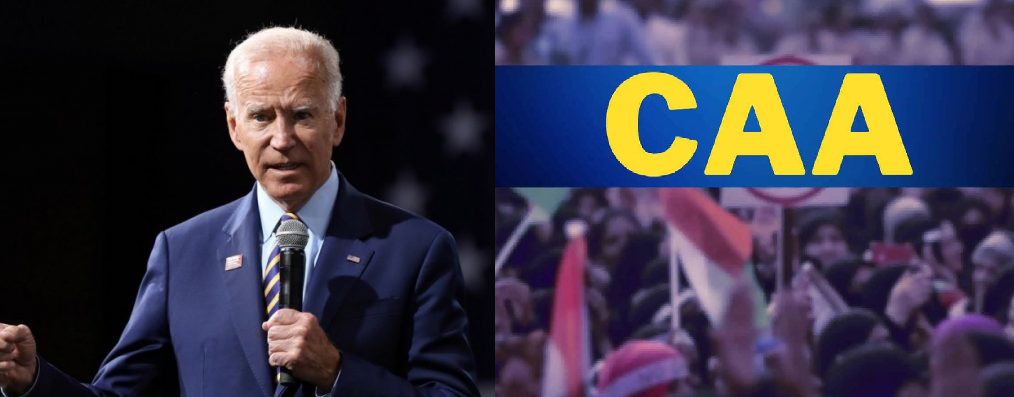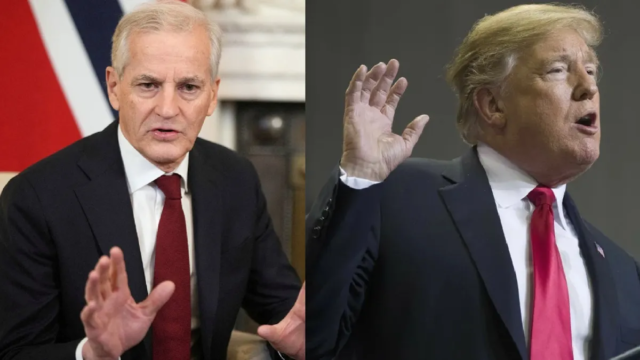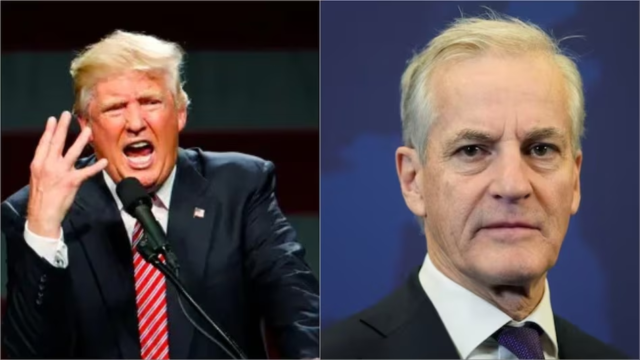After the implementation of CAA in India against Muslims, United Nations and America felt pain, protested calling it discriminatory

The US and the United Nations (UN) have expressed concern over the implementation of the Citizenship Amendment Act (CAA) 2019 in India. On Tuesday, the United Nations described the law as fundamentally discriminatory, while the United States said it was monitoring it. “As we said in 2019, we are concerned that the CAA is discriminatory at its core and a violation of India’s international human rights obligations,” a spokesperson for the Office of the UN High Commissioner for Human Rights told Reuters. He further said that the office is studying whether the regulations implementing the law comply with international human rights law.
What did the US government say?
After the release of the notification, the US government has also reacted to it. “We are concerned about the notification issued on March 11 regarding the CAA. We are closely monitoring how the Act will be implemented,” a State Department spokesperson told Reuters. The spokesperson further said “Respect for religious freedom and equal treatment under the law for all communities are fundamental democratic principles.” In 2019, the Modi government introduced the Citizenship Amendment Act in the Indian Parliament, which was passed by both the houses. After the law was passed, there were demonstrations at many places regarding it. On March 11, the Central Government issued a notification to implement this law. Under the law, Hindus and Sikhs living in neighboring countries Pakistan, Afghanistan and Bangladesh can be given Indian citizenship.
Human rights groups criticized
The CAA law brought by the Modi government has been criticized by human rights activists and organizations. Human Rights Watch and Amnesty International have described it as discriminatory against Muslims. Human rights groups say that this citizenship law excludes Muslim minority groups like Shia Muslims from these neighboring countries. Also, neighboring countries like Myanmar, where Muslims are in minority, are also outside.
The Indian Embassy in Washington did not respond to a request for comment on the reactions of the US State Department and the UN Human Rights Office. The Indian government denies the law is anti-Muslim and says it was needed to help minorities facing persecution in neighboring Muslim-majority countries. He has described the earlier protests as politically motivated.







